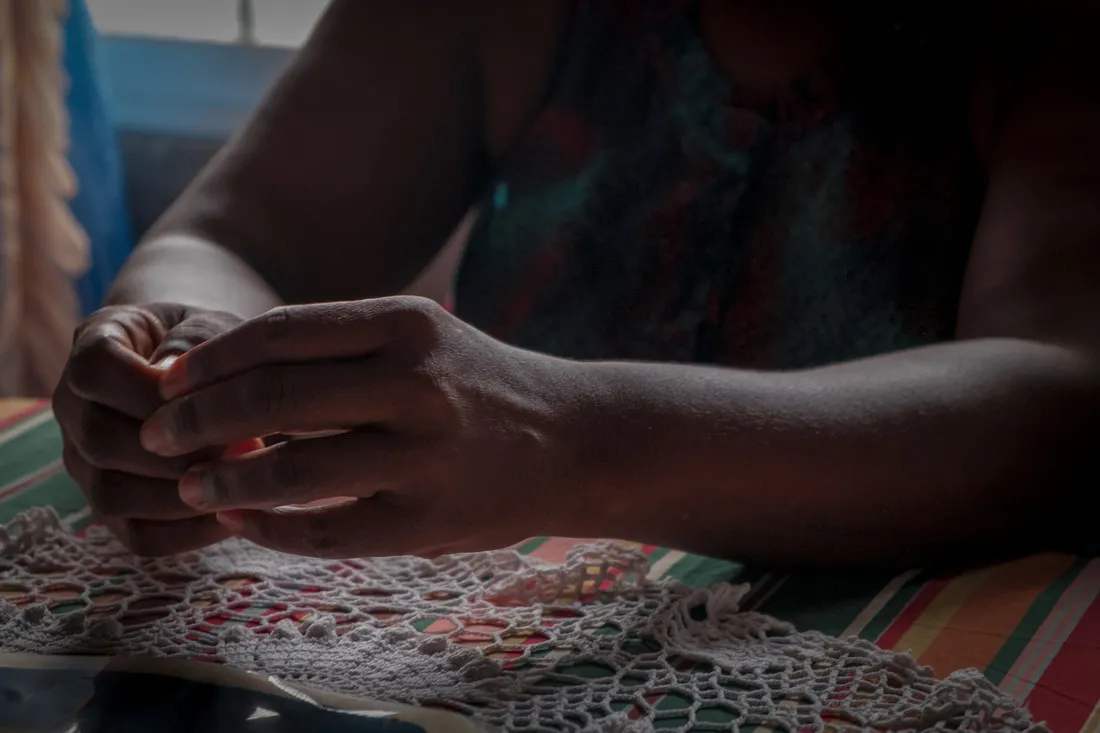For over two decades, CARE has been addressing the root causes driving gender-based violence (GBV) and supporting survivors. CARE’s Vision 2030 Strategy for a shared future puts forward a goal that 50 million women and girls experience greater gender equality – including eliminating GBV, and increasing women and girls’ voice, leadership, and education. CARE works to address multiple forms of GBV, including:
- Intimate partner violence
- Sexual violence, harassment, exploitation, and abuse
- Child, early, and forced marriage, and other harmful traditional practices
- Gender norms, toxic masculinities, homophobia, and transphobia
- Economic exploitation and exclusion of women and girls
Rates of gender-based violence around the world rose dramatically in the wake of the COVID-19 pandemic. Fueled by the food crisis, this issue continues to worsen as a result of the compounding challenges of climate change, conflict, resource scarcity, and increased commodity costs.

